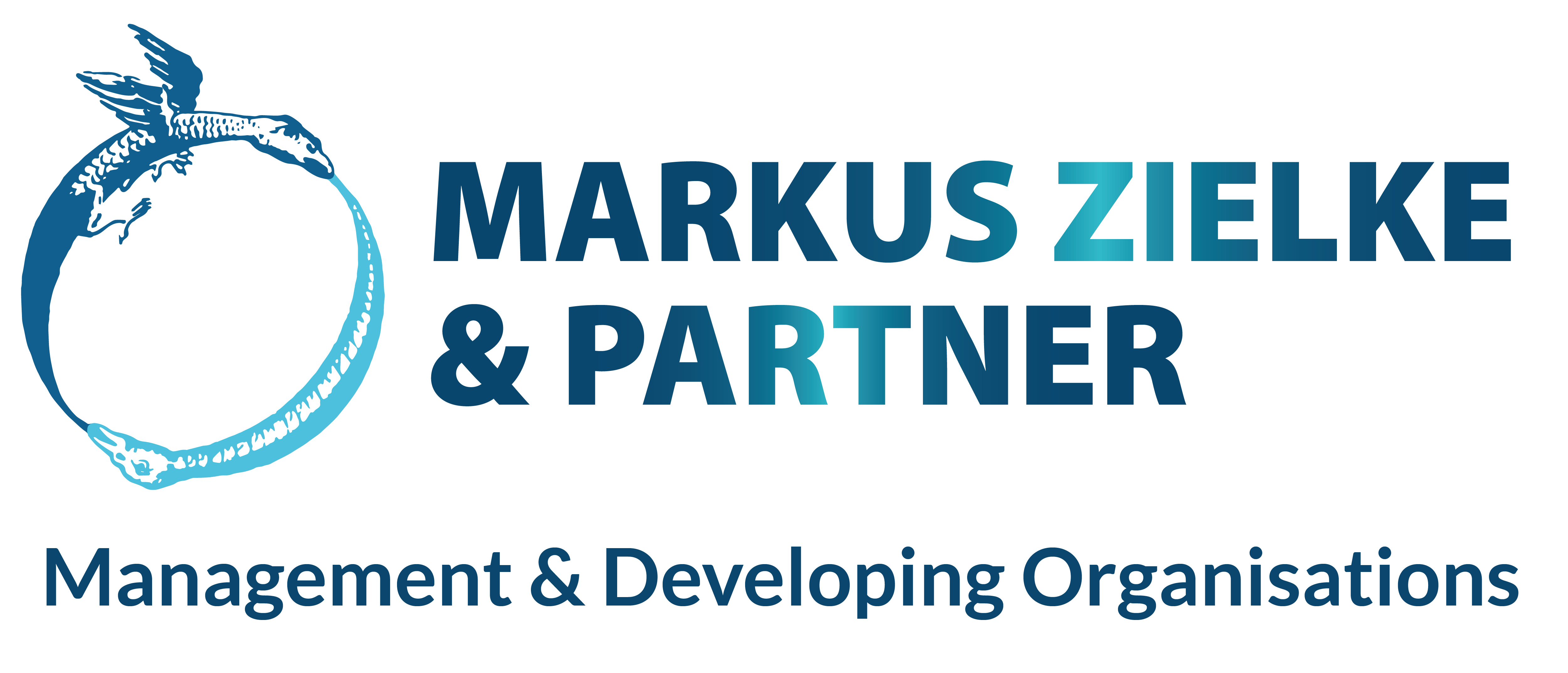"Good leadership is becoming a distinctive competitive factor"
(Gallup Engagement Index 2022)
There are at least four reasons to invest heavily in a culture of leadership and teamwork:
- The practice of ‘good leadership’ in a company helps determine how attractive the external perception as an employer is.
- The extent to which employees get involved and develop the company is also largely a result of ‘good leadership’.
- Whether the company's strategy and positioning is competitive and resilient is also determined by the skills, commitment and interaction of the managers involved.
- To ensure that strategies and change processes are actually implemented, ‘good leadership’ and the interaction of the various areas are needed.
In addition to external turbulence, some companies are currently also experiencing crises because they have invested too little and not consistently enough in their management team. (*In a crisis, it is certainly difficult to make up for lost time, but it is never too late - and right now it is crucial!)
Leadership development
Since 2000, I have been passionate about supporting companies in a wide range of industries and at different stages of maturity (from start-ups to established market leaders) in the area of leadership, whether as an internal or external partner.
Each time, we start with a diagnostic phase. The ‘programmes’ are developed in collaboration with top management and internal personnel and organisational development. Of course, we use proven measures, but we always develop approaches that are tailored to the company.
Elements of leadership development
1. Define a leadership culture (e.g. a leadership promise) for the organisation and ensure the appropriate framework conditions (including reviewing HR tools, bonuses, communication, performance reviews, etc.)
2. Provision, selection and monitoring of the right managers
3. Training and socialisation of managers for their roles (e.g. through leadership programmes, mentoring, coaching)
4. Strengthening the strategic leadership skills of teams (team learning)
5. Leadership communities: continuous mutual exchange, learning and further development in the management team
Professionalisation please!
Becoming effective as a leader means not only managing your own team but also exerting appropriate influence on other areas (colleagues' level) and different hierarchy levels (including superiors). This is, of course, also linked to the willingness and ability to be led and to cooperate.
The basis for successful leadership is self-leadership.
To be effective as a leader requires a number of things:
- understanding of one's role, clarity about one's own aspirations and the expectations of others
- Self-knowledge: clarity about my values, my inner motivators and dynamics
- Theory and knowledge about the principles of, for example, global contexts, economies, companies and organisations, systems, teams and individuals
- Use of a suitably filled toolbox
These four aspects must be regularly updated and refreshed when it comes to one's own effectiveness.
Leadership programmes with impact
Effective programmes are multi-modular; anything else runs the risk of fizzling out. Between modules, participants try things out, implement them and then report on them in the following module. This creates commitment and increases effectiveness.
Never boring. Always relevant. No holidays.
Our programmes are characterised by a lively mix of fundamental theory, self-reflection, dialogue – in the group, with representatives of the board and also, for example, with employees, trial and error, experiences and lessons learned.
In his thesis, Marco Stenger evaluated the effectiveness of one of my first programmes, the promotion of young talent at Hornbach, using ‘action learning in leadership development’. (www.thalia.de/shop/home/artikeldetails/A1001558906)
Let's develop strong and forward-looking leadership together!
